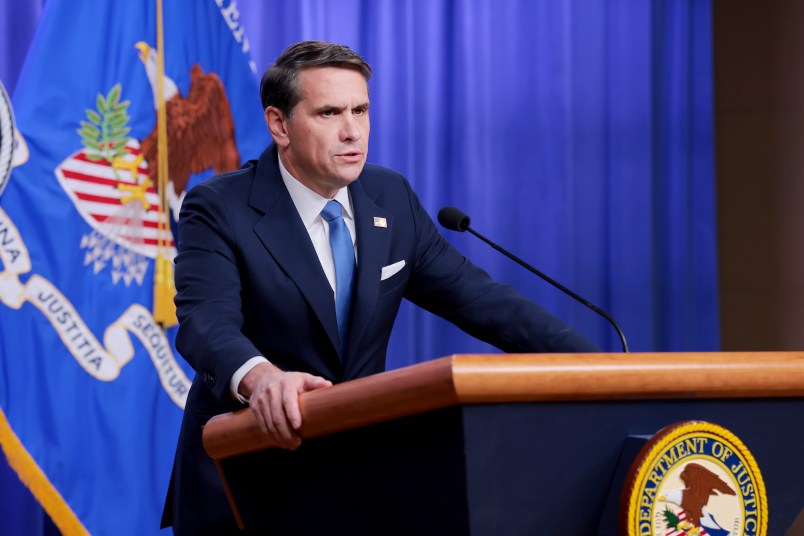
Syrian President Bashar al-Assad has fled Damascus after rebel forces, led by Hayat Tahrir Al-Sham (HTS), entered the capital following a rapid territorial advance. The fall of Assad, who has ruled for over two decades, marks a seismic shift in the Middle East, dealing a major blow to his key allies, Russia and Iran.
According to Rami Abdurrahman of the Syrian Observatory for Human Rights, Assad fled to an undisclosed location. Reports from Agence France-Presse suggest he “fled” as rebels approached, while Reuters cites military sources saying he flew out of Damascus.
HTS leader Ahmed Al-Sharaa, also known as Abu Mohammed Al-Jolani, urged remaining government forces to surrender peacefully. “We call on all forces loyal to Assad to stand down and avoid further bloodshed,” Al-Sharaa said in a statement. He also confirmed that Prime Minister Mohammad Ghazi al-Jalali would retain his position temporarily to ensure stability during the transition.
The rebel offensive, which began in late November, gained momentum after capturing Aleppo and Hama before reaching Homs on Saturday. The simultaneous fall of Homs and Damascus has left Assad’s government in tatters. Residents in Damascus were reportedly celebrating the regime’s downfall, according to local sources.
Global Reactions and Strategic Implications
The sudden collapse of Assad’s regime has sent shockwaves through the region and caught global powers off guard. Russia and Iran, who have been Assad’s staunchest allies since intervening in 2015, appear unable to respond effectively. Iran’s military resources are stretched thin due to other regional conflicts, and its proxy militia, Hezbollah, has been severely weakened by recent clashes with Israel.
Meanwhile, U.S. President-elect Donald Trump distanced himself from the unfolding events. “This is not our fight. Let it play out. Do not get involved!” he posted on social media.
Assad’s desperate attempts to retain power, including secret overtures to the U.S., failed to stop the insurgent advance. Analysts suggest his decision to withdraw forces to Damascus only hastened the collapse, ceding control of critical cities like Aleppo and Homs.
A Long and Bloody Conflict
The Syrian civil war, which began in 2011, has devastated the country. The conflict has claimed between 300,000 to 500,000 lives and displaced over 10 million people, many of whom fled abroad.
With Assad’s departure and Damascus under rebel control, Syria enters an uncertain new chapter. Al-Sharaa emphasized the need for unity among the various factions: “This is not just a victory for HTS but for all Syrians seeking freedom and justice. Now begins the hard work of rebuilding our nation.”
The international community watches closely, unsure of what the post-Assad era will mean for Syria and the broader region.






